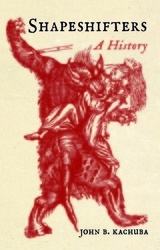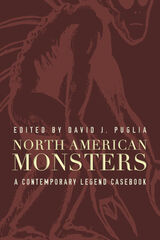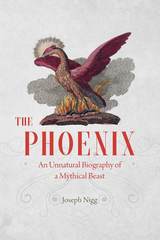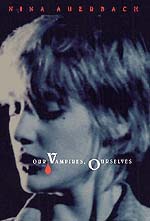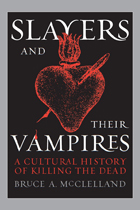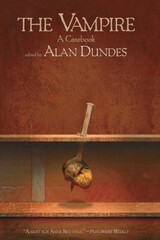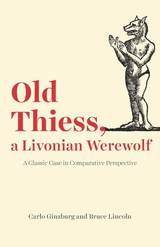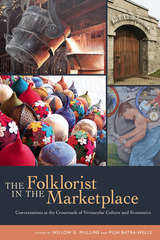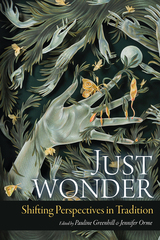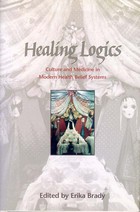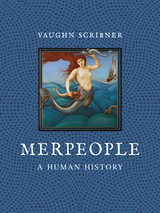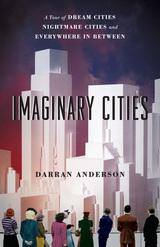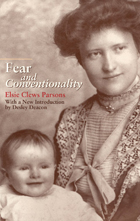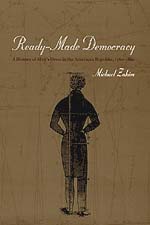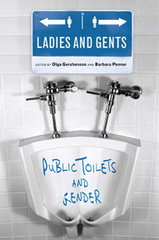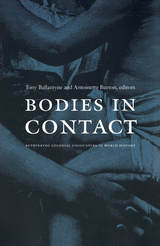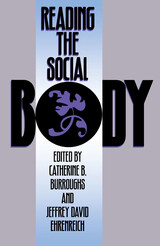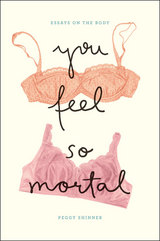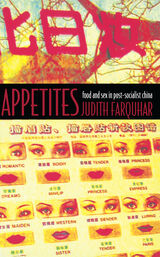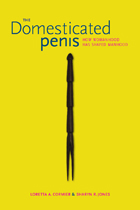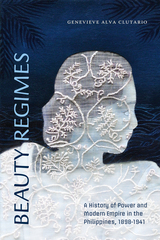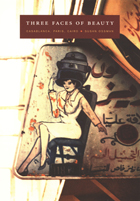Fear and Conventionality
University of Chicago Press, 1997
Paper: 978-0-226-64746-3
Library of Congress Classification GT75.P3 1997
Dewey Decimal Classification 390
Paper: 978-0-226-64746-3
Library of Congress Classification GT75.P3 1997
Dewey Decimal Classification 390
ABOUT THIS BOOK | TOC
ABOUT THIS BOOK
Widely admired by the cultural critics and the avant garde in the 1910s, Fear and Conventionality broke new ground for American anthropology. Elsie Clews Parsons—an anthropologist, cultural critic, feminist, and author—turns a cool and ironic eye on the mores and customs of her own upper-class New York society. Influenced by Ruth Benedict and Franz Boas, William James and Havelock Ellis, Parsons's work is informed by a modernist and feminist approach to cultural anthropology and social psychology. Parsons draws on a wide range of cultural texts as well as her own experiences of daily life to argue that the fear of change prompted many social conventions, such as gift-giving, hospitality, and sexual taboos, and to make predictions about American society today, such as the plight to end intolerance.
A modern mind at the turn of the century, Parsons challenged social conventions at a time when it was less than popular to do so. Witty, graceful, and impassioned, this book will be of interest to social and cultural historians and anyone interested in early twentieth-century America.
Elsie Clews Parsons (1874-1941) is the author of many books, including The Family, The Old-Fashioned Woman, Pueblo Indian Religion, and Mitla. Available from the University of Chicago Press is Elsie Clews Parsons: Constructing Sex and Culture in Modernist America, a biography by Desley Deacon.
A modern mind at the turn of the century, Parsons challenged social conventions at a time when it was less than popular to do so. Witty, graceful, and impassioned, this book will be of interest to social and cultural historians and anyone interested in early twentieth-century America.
Elsie Clews Parsons (1874-1941) is the author of many books, including The Family, The Old-Fashioned Woman, Pueblo Indian Religion, and Mitla. Available from the University of Chicago Press is Elsie Clews Parsons: Constructing Sex and Culture in Modernist America, a biography by Desley Deacon.
See other books on: Customs & Traditions | Fear | Interpersonal relations | Manners and customs | Middle class
See other titles from University of Chicago Press

